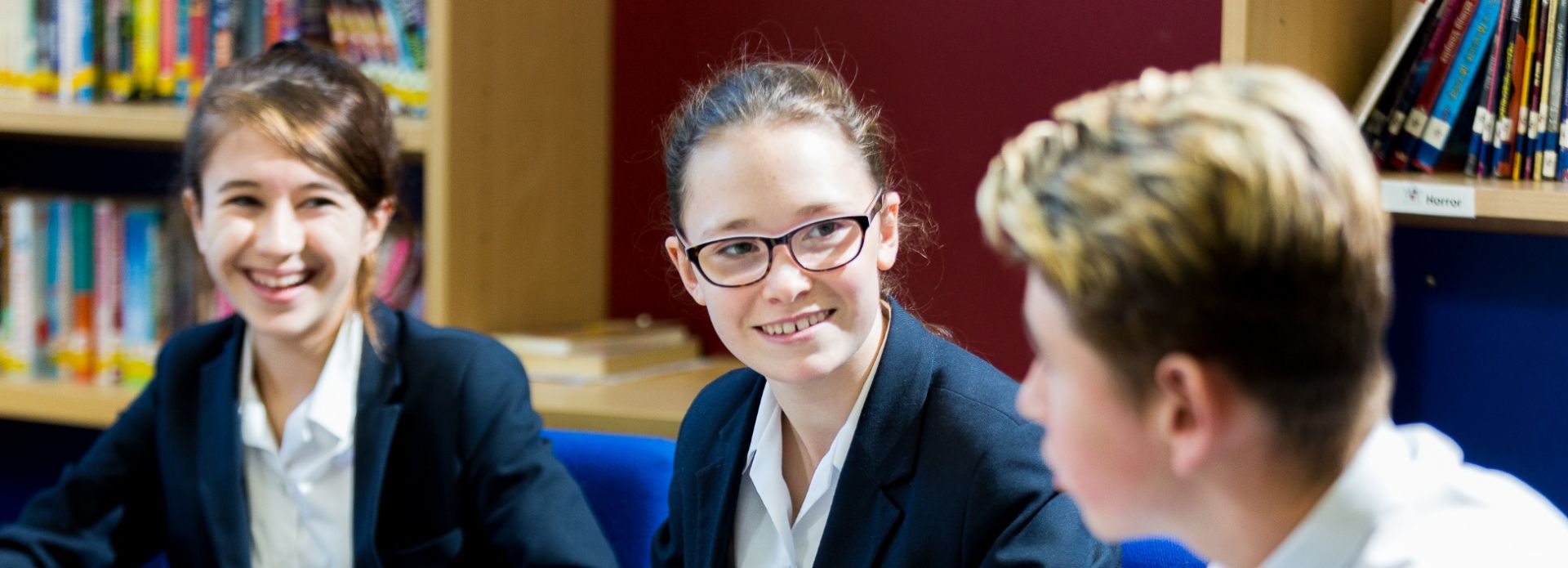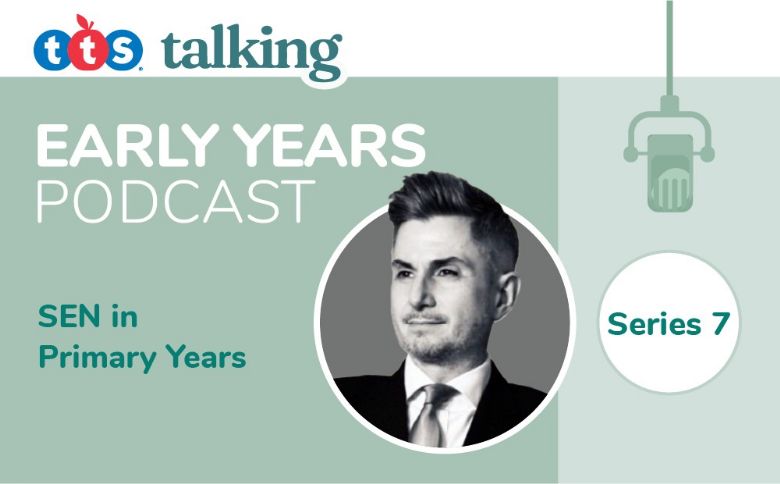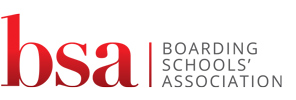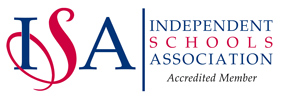What is Dyslexia?
Frewen College is a dyslexic school. It is widely accepted that defining dyslexia is complex and that there is not one universally accepted definition. Every student who has dyslexia will have a unique range of abilities related to their literacy learning. As such, the variety of definitions available reflect the degree of individuality present amongst dyslexic learners.
In 2009, Sir Jim Rose gave the following definition, which was subsequently adopted by the British Dyslexia Association:
‘Dyslexia is a learning difficulty that primarily affects the skills involved in accurate and fluent word reading and spelling’
- Characteristic features of dyslexia are difficulties in phonological awareness, verbal memory and verbal processing speed
- Dyslexia occurs across the range of intellectual abilities
- It is best thought of as a continuum, not a distinct category, and there are no clear cut-off points
- Co-occurring difficulties may be seen in aspects of language, motor co-ordination, mental calculation, concentration and personal organisation, but these are not, by themselves, markers of dyslexia
- A good indication of the severity and persistence of dyslexic difficulties can be gained by examining how the individual responds or has responded to well-founded intervention
The underlying theme is that dyslexia involves a persistent and unexplained difficulty in learning to read, write and spell that cannot be explained by other factors.
A prominent theory is that dyslexia stems from a deficit in phonological processing; a weakness in the processing of language-based information. This results in the child experiencing difficulties relating to the decoding and encoding of print.
Dyslexia does not usually affect a person’s ability to comprehend what is read to them or to formulate text that others can write down for them. However, such difficulties with word reading can affect independence and the development of higher order skills relating to reading and writing.
Dyslexia can be found across the achievement spectrum and those affected may experience a range of associated difficulties. These include speed of processing, short-term memory, sequencing and organisation, auditory and/or visual perception, spoken language and motor skills (BDA, 2007).
Children presenting with dyslexic difficulties may have some of the following symptoms:
Family background and Language Development
- (S)He may have a family member who has a diagnosis of dyslexia
- (S)He may have experienced a language delay when learning to talk
- (S)He may have problems with word pronunciation and grammar when talking
- (S)He may have difficulty with recognising rhyming words
- (S)He may have difficulties identifying syllables in words
Reading
- (S)He may read slowly and falteringly
- (S)He may find it difficult to remember letter names and/or sounds
- (S)He may find it difficult to hear sounds within words
- (S)He may find it difficult to learn the alphabet
- (S)He may confuse or reverse letters (e.g. b/d/p)
- (S)He may confuse words that look similar (e.g. was/saw)
- (S)He may find it difficult to break down words into manageable chunks
- (S)He may find it hard to read new, unfamiliar words
- (S)He may find it difficult to remember sight words that have been well taught
- (S)He may skip lines and lose his/her place when reading
- (S)He may dislike reading out loud
Writing
- (S)He may have weak handwriting skills
- (S)He may take a long time to produce work
- (S)He may have problems copying written language
- (S)He may be able to describe things well but have difficulty writing them down
- (S)He may find it difficult to organise written work and it may lack expression
- (S)He may try to avoid writing altogether
- (S)He may find it difficult to spell words
- (S)He may use basic vocabulary to avoid spelling a tricky word
Problems with speech, for example
- (S)He may have experienced a language delay when learning to talk
- (S)He may have problems with word pronunciation and grammar when talking
- (S)He may find it difficult to remember letter names and/or sounds
- (S)He may find it difficult to hear sounds within words
Organisational problems
- (S)He may find it hard to remember things (e.g. a series of instructions)
- (S)He may have difficulty putting things in the right order or remembering sequences (e.g. months of the year)
- (S)He may lack concentration
- (S)He may lack general organisational skills
Mathematics
- (S)He may have difficulty with mathematical 'positional' language (e.g. left/right)
- (S)He may have difficulty learning times tables
- (S)He may have difficulty telling the time
- (S)He may have difficulty following mathematical processes
- (S)He may be confused by the four operations
It is important to note that this list is not exhaustive. Neither is it the case that a child will display all of these symptoms.
Dyslexia is a learning difficulty that mainly affects reading, spelling and writing. Additionally, dyslexic individuals may also have issues with memory, processing and organisational skills. Some individuals may have co-occurring difficulties related to other specific learning difficulties. Such difficulties could be:
Developmental Co-ordination Disorder (Dyspraxia)
This entails an impairment or immaturity in the organisation of movement in the brain. Dyspraxic individuals experience problems in the process of forming ideas, motor planning and execution. This means that they can often appear clumsy. Physical activities involving gross motor skills (balance and co-ordination) and fine motor skills (manipulation of objects) are hard to learn, difficult to retain, and can present as hesitant and awkward. There may also be associated problems with language, perception and thought, which can affect planning and organisation skills.
Individuals with DCD may find handwriting and keyboard skills particularly challenging.
Attention Deficit/Hyperactivity Disorder (ADD or ADHD)
Pupils with ADD display inattentiveness and impulsiveness unwarranted for their developmental age. Those diagnosed with ADHD will also have high levels of hyperactivity, which is a hindrance to educational success.
Pupils with ADD may find it hard to sustain concentration on tasks, may lack attention to detail and make careless mistakes. They may appear inattentive when spoken to, fail to follow instructions and be forgetful and disorganised. They are often easily distracted by extraneous stimuli.
Those who are also impulsive may have difficulties waiting their turn and will often interrupt or intrude upon others inappropriately.
Those with additional hyperactivity may exhibit fidgeting and restlessness. They may be unable to sit still like their peer group and may run or climb inappropriately. They are often very talkative.
Dyscalculia
Children with dyscalculia have difficulties acquiring arithmetical skills relating to numbers. They will be underachieving in comparison with their potential or ability in other subjects and the difficulty will be unexplained. Dyscalculic pupils often have difficulty understanding simple number concepts, lack an intuitive understanding of numbers and have problems learning number facts and procedures.
Dyscalculia may be the result of issues with memory, perception, processing speed and sequencing. Common difficulties are with telling the time, measurements, dealing with money and directions/orientation.
Inefficient working memory skills may render it hard for dyscalculic individuals to process numbers and to work on mathematical procedures. Long-term memory issues make it hard for an individual to store basic mathematical facts, which are the building blocks for more complex mathematical formulae and methods.
How do we address Dyslexia at Frewen?
Life at Frewen College is a journey. A very personal one.
Pupils often arrive here having disengaged from learning in some way. Perhaps they have felt disheartened by the lack of progress they have made despite trying so hard. Perhaps they feel frustrated that there is a widening gap between their performance and their potential. Perhaps they have given up on their lessons when they feel that they do not understand or cannot keep up with the pace of what is being taught. Perhaps they feel different to their peers and this is affecting their relationships with others as well as their own confidence and self-esteem.
At Frewen, we aim to turn those negative feelings into positive ones - and we aim for pupils to make progress and achieve their full potential, both socially and academically. We do so by considering each individual pupil holistically.
Pupils at Frewen have diagnosed SpLD needs. The majority of pupils have dyslexia – though some pupils also have co-occurring conditions such as dyscalculia, DCD or ADD and this can affect the severity of their learning difficulties (e.g. in terms of concentration, arithmetic and motor co-ordination). We know that no two dyslexic pupils are ever the same. For this reason, educating them requires a different and personalised approach to teaching and learning.
All of our pupils receive an Individual Education Plan (IEP). This plan is based purely on individual need. If the child has an EHCP in place, then the IEP is based on the EHCP outcomes. For all pupils, it recognises their cognitive strengths and weaknesses, sets targets for individual subjects and monitors their progress. This personalised approach is why pupils thrive when they attend our specialist school.
We understand that dyslexia is a language-based difficulty, which makes it harder to learn to read and spell. We know that dyslexia can affect literacy acquisition but that this can also impact negatively on many other areas of the curriculum. It is our job to unpick these difficulties for each child and to support them to make the necessary progress in literacy.
In particular, pupils may find word reading a struggle and this can affect the comprehension of longer texts. We know that word-reading skills are the basic entry point to literacy acquisition and the engine that drives progress even in the most talented of readers.
In order to remediate these difficulties with reading, we offer the following:
- specialist-trained teachers for pupils in small groups (maximum of 8)
- a language-rich learning environment
- daily reading using a variety of schemes
- daily structured programme of phonics and High Frequency Word input
- repetition of key learning points in order to develop automaticity and fluency
- igniting a passion for reading through whole texts
The ultimate aim is for all of our pupils to access a wide range of texts, read for meaning and read for pleasure. We know that this is the most powerful motor for academic achievement overall.
The progress our pupils make in reading also has a knock-on effect with their writing. When you read, you are learning about spelling, punctuation and grammar. Your vocabulary flourishes, as does your knowledge of text structure. You also learn about plot, argument and debate.
Writing is a complex process, demanding ability and understanding in a number of areas. We understand that variances in spelling ability, motor skills, working memory and processing speed can all contribute to difficulties with the written word. We recognise individuality when it comes to written work, and we work hard to support our children in developing the confidence to become independent writers.













